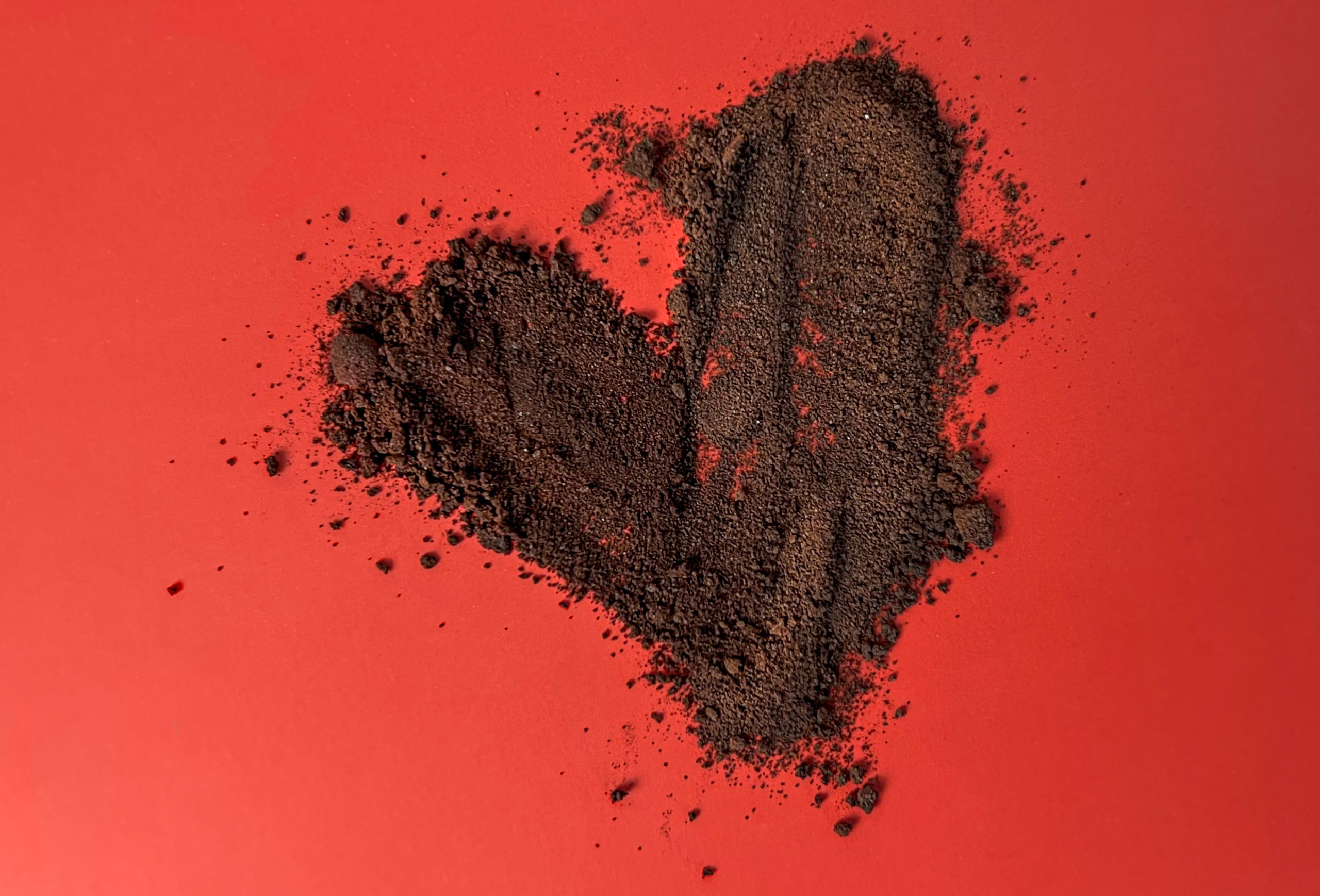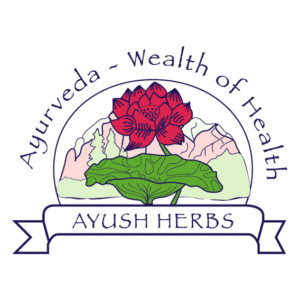The heart is perhaps the most articulated organ to be documented since ancient times. The ancient Egyptians famously stated that the human heart is the ledger of all good and bad deeds throughout a person’s life, which then determines their fate in the afterlife. Meanwhile, the Chinese philosophers referred to the heart as “the Supreme Controller, holding the office of Lord and Sovereign,” and the mental faculties were strongly associated with the health of the heart. Moreover, indigenous North American tribes, such as the Lakota tribe, also classically connected the heart, to the mind, as well as to the unity of life as depicted in the story of the White Buffalo Calf Woman which, among many important cultural traditions that the story imbues, states that when the heart and mind are in unity, the power of the Universe comes into alignment with the individual. In Ayurveda, the heart is said to regulate the “subtle body” that penetrates and informs the physical body. Similar to acupuncture’s meridians, or channels in the body with which life energy flows, the “subtle body” consists of an intricate network of channels that our essence flows through. In other words, the subtle body is thought of as both the cellular level and the essence that flows within, is the very energy that flows through a living being. In Ayurveda, the heart is the master of this system.
The common thread, it appears, is what many people already know to be true: the heart connects us to our deeper selves, and to the world around us. With this small sampling of cardiac mentions, there can be no question about the unanimous fascination with the heart, and the specialness of the organ itself; for instance, cardiac cells are the third category of muscle cells in histology because they cannot be defined as skeletal or smooth muscle. This uniqueness of the heart has led to strategies across many disciplines attempting to address the matters of the heart. Studies continually point towards mind/body approaches for conditions such as hypertension, congestive heart failure, and more. So it begs the question: how do we address the heart and support it optimally?

The Heart of the Matter
The heart, like all aspects of human health, needs access to healthy foods, regular movement, clean air and water, good sleep, and a reduction of perceived threats and stressors. Any dereliction of these foundations will begin to create an imbalance in the body and will thus lead towards disease. What is less often discussed is that the heart remembers on a cellular level, independent of the brain. For instance, it has been documented that transplant patients are known to experience mood and personality changes as well as have distinct memories of their donor’s life.1 For the classical healing arts, the idea of the heart having memory has been well understood for centuries. In Ayurveda, the heart is the seat of the finest form of ojas, or subtle essence of vitality, not dissimilar to the East Asian concept of xue or essence infused blood. Both the ojas and xue will be impacted by all the emotions and as such, emotion management is a pillar of health in both medical systems and is often managed through various forms of meditation, as well as herbal medicine specifically.
For instance, the herb Bai He or Kshirakakoli is said to heal the heart in both East Asian medicine as well as in Ayurveda. This herb is known commonly as lily bulb, Lilium polyphyllum, though it is believed other Lilium species may have also been used and is currently critically endangered. Ayurvedic and East Asian apothecaries now typically sell cultivated Lilium lacifolium. This herb’s long history of use includes its ability to nourish the heart and lift a person’s spirit that has been broken. The book Essential Prescriptions from the Golden Cabinet written in roughly 200CE even goes as far as to name a disease “lily bulb disease” for the fact this herb treated the disease. This disease was categorized as patients that appear normal, but are suffering from what we would now call depression. It includes descriptions such as “food not tasting right anymore,” lack of a desire to move or go outdoors, and a strong desire to rest, but never sleeping or feeling refreshed. Today, modern research has shown that lily bulb exerts antioxidant2, anti-inflammatory2, and immune enhancing3 properties. It has also been shown to attenuate pulmonary inflammation in mice exposed to cigarette smoke.4 As research continues to grow surrounding this herb, perhaps it will better elucidate its effects on the mind and spirit.
Another excellent herb known to aid the mood and thus the heart is Ashwagandha. Famously known for its ability to manage stress, improve energy and endurance; Ashwagandha is also being studied for its utility in treating symptoms of anxiety and depression. A study of 66 patients found 1000mg of ashwagandha extract improved outlook and mood more than placebo.5 Ayurveda has repeatedly extolled the virtues of this herb for a plethora of health benefits. In regards to the heart, Ashwagandha was said to purify the ojas of the heart, and thus all aspects of health were enhanced and this myriad of benefits continue to be observed to this day. When considering an all-around support herb for the body, mind, and the heart itself, Ashwagandha appears to do it all. Its monicker of “Indian ginseng” may be a bit of a misnomer, since it appears to have more diverse effects, and a stronger safety profile, than even the most well-known herbal adaptogen.
Making a Connection
When thinking of the heart holistically, it is important to recognize the heart desires to connect. It is now understood that the heart’s electromagnetic field even extends about 3 feet away from the body in all directions.6 In order to ensure the health of the heart, we must recognize its natural tendency to connect and interact with the world around us. Research from the University of York found loneliness and social isolation to be linked to a 29% increased risk of heart attack and 32% increased risk of stroke.7 An important consideration here is to also recognize that company comes in many forms, including the company we keep with nature itself. Time spent in nature has been repeatedly studied for its ability to heal the heart, lower blood pressure, and improve mood. A meta-analysis of looking at green spaces in urban areas also supported the idea of being around plants and in nature, including human-made spaces in cities such as parks, which increases overall health and wellbeing. In particular, it improves mood, decreases anxiety and anger, and lowers heart rate.8 Simply put, the ancient healing traditions understood this millennia ago: the heart requires connection not only to other humans but to the planet itself.
Pulling it all Together
As we consider how to best treat our hearts, it’s important to consider the heart as you would consider your whole self. The heart requires foundational care, but often overlooked is the impact of emotions, the sense of purpose in the world, and how often it is allowed to connect with nature and the world around us. Perhaps in this way, we can wonder if this too is another benefit to herbal medicines. Beyond phytochemicals and constituents, perhaps the very ingestion of plants themselves can be thought of as a form of connection with nature, as the plants carry the essence of the soil, sun, water, and air within them. It would also explain the concept the ancients pointed to of the plants enhancing our own essence, and thus the functionality of the heart physically, mentally, and spiritually. With heart health concerns ever increasing, it’s time that we start approaching the heart from a holistic lens that includes connection as a foundation of heart health with the same weight we give to staying active or eating healthy. After all, the heart wants what it wants.
- Liester M. B. (2020). Personality changes following heart transplantation: The role of cellular memory. Medical hypotheses, 135, 109468.)
- Sim, W. S., Choi, S. I., Jung, T. D., Cho, B. Y., Choi, S. H., Park, S. M., & Lee, O. H. (2020). Antioxidant and anti-inflammatory effects of Lilium lancifolium bulbs extract. Journal of food biochemistry, 44(5), e13176.
- Pan, G., Xie, Z., Huang, S., Tai, Y., Cai, Q., Jiang, W., Sun, J., & Yuan, Y. (2017). Immune-enhancing effects of polysaccharides extracted from Lilium lancifolium Thunb. International immunopharmacology, 52, 119–126.
- Lee, E., Yun, N., Jang, Y. P., & Kim, J. (2013). Lilium lancifolium Thunb. extract attenuates pulmonary inflammation and air space enlargement in a cigarette smoke-exposed mouse model. Journal of ethnopharmacology, 149(1), 148–156.
- Gannon, J. M., Brar, J., Rai, A., & Chengappa, K. (2019). Effects of a standardized extract of Withania somnifera (Ashwagandha) on depression and anxiety symptoms in persons with schizophrenia participating in a randomized, placebo-controlled clinical trial. Annals of clinical psychiatry : official journal of the American Academy of Clinical Psychiatrists, 31(2), 123–129.
- Hart G. (1991). Biomagnetometry: imaging the heart’s magnetic field. British heart journal, 65(2), 61–62.
- Valtorta NK, Kanaan M, Gilbody S, et alLoneliness and social isolation as risk factors for coronary heart disease and stroke: systematic review and meta-analysis of longitudinal observational studiesHeart 2016;102:1009-1016.
- Kondo, M. C., Fluehr, J. M., McKeon, T., & Branas, C. C. (2018). Urban Green Space and Its Impact on Human Health. International journal of environmental research and public health, 15(3), 445
Share:
Related Posts

Benefits of Creatine in Perimenopause and Menopause
Written by Maura MacDonald, MS, RD, CSSD | 2025 As we age, the notion is that we will inevitably become weaker. Not as mobile as

Goodbye Pie Chart, Hello Phase 1 Sliders
Written by Allison Smith, ND | 2025 As we usher in a new era of DUTCH testing which leaves behind the concept of the three-way

Introducing the DUTCH Dozen
Written by Kelly Ruef, ND | 2025 Hormone testing can be complex, which is why Precision Analytical developed the DUTCH Dozen, an interpretive framework that

DUTCH Report Enhancements
Written by Hilary Miller, ND | 2025 Precision Analytical have released the newest version of the DUTCH Test. This is the report’s most significant update

Gallbladder Health 101: What It Does and How to Keep It Working Well
Written by Ashley Palmer & Pooja Mahtani | 2025 The gallbladder may not get much attention compared to the gut, but it plays a central

